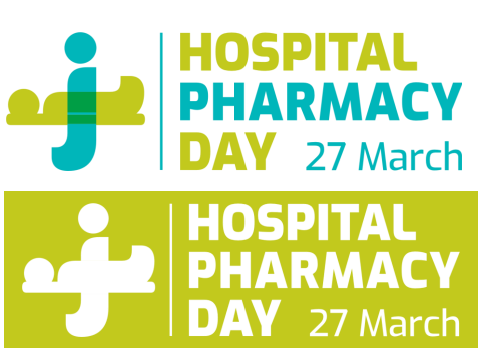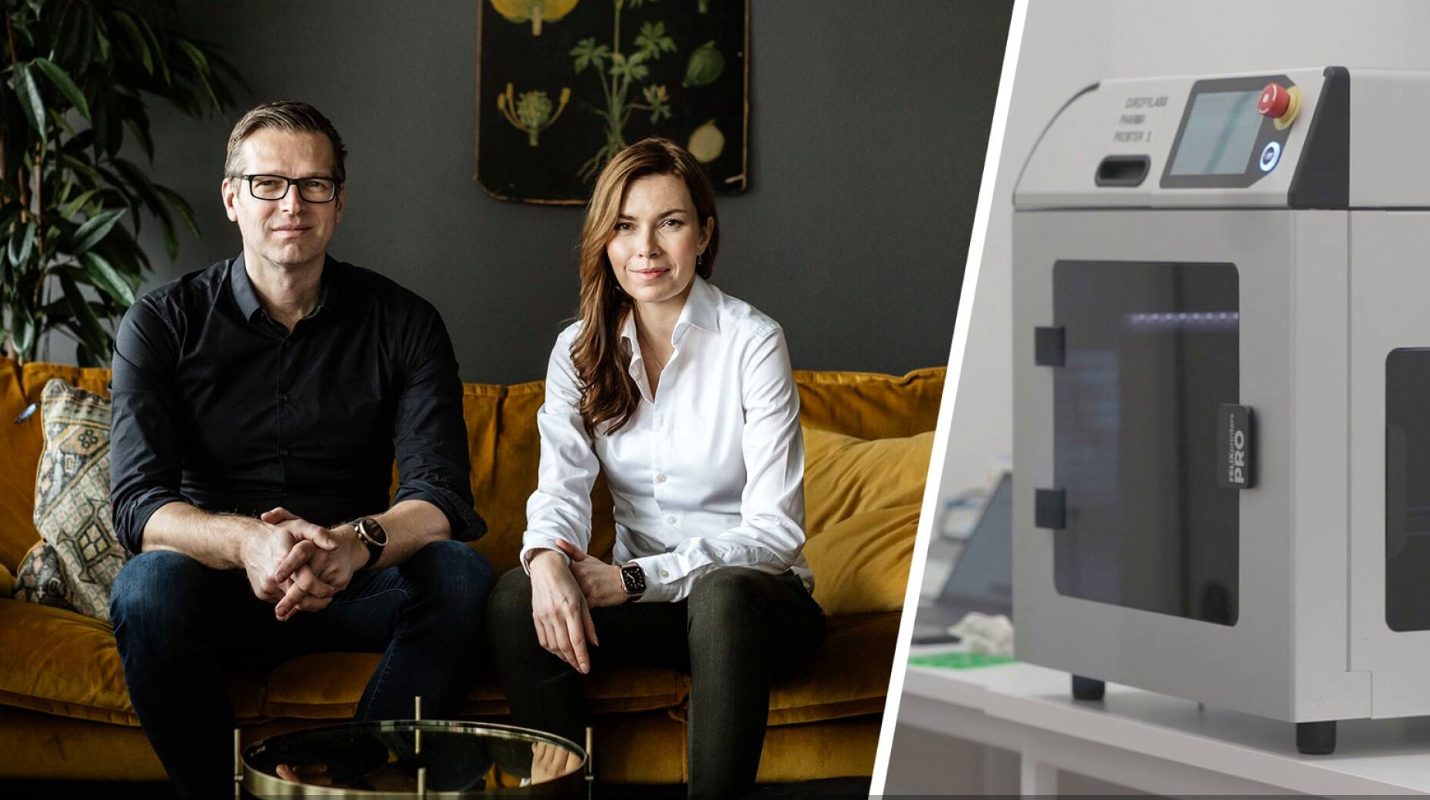Drug shortages represent a critical challenge facing healthcare systems worldwide, threatening patient safety and treatment outcomes. Pharmaceutical compounding offers a vital solution by enabling pharmacists to prepare custom medications when commercial drugs are unavailable. Through advanced compounding technologies and automated systems, healthcare providers can maintain medication availability whilst ensuring quality and safety standards. This approach proves particularly valuable for vulnerable populations requiring personalised dosing.
Understanding the Growing Crisis of Medication Availability
The global healthcare system faces an unprecedented crisis in medication availability. Drug shortages affect hospitals, community pharmacies, and patients across all therapeutic areas, from essential antibiotics to life-saving cancer treatments.
Healthcare systems struggle to maintain continuity of care when faced with medication shortages. Hospitals must frequently substitute medications or delay treatments, whilst community pharmacies cannot fulfil prescriptions for their patients. These disruptions create cascading effects throughout the healthcare delivery chain.
Vulnerable patient populations bear the greatest burden from drug shortages. Children requiring specific dosing formulations, cancer patients needing precise chemotherapy protocols, and elderly patients with complex medication regimens face particular challenges when their prescribed medications become unavailable.
What Are the Main Causes Behind Drug Shortages?
Manufacturing disruptions represent the primary driver of medication shortages, often stemming from quality control failures, facility shutdowns, or production capacity limitations. These issues create immediate supply gaps that ripple through global distribution networks.
Supply chain vulnerabilities compound manufacturing challenges. Single-source dependencies, raw material shortages, and regulatory compliance issues create bottlenecks that affect medication availability. Economic factors also influence production decisions, as manufacturers may discontinue less profitable medications.
Regulatory changes and quality standards, whilst essential for patient safety, can temporarily disrupt supply chains. When facilities fail inspections or products require reformulation, alternative supply sources may not immediately fill the gap.
How Does Pharmaceutical Compounding Address Medication Shortages?
Pharmaceutical compounding provides immediate solutions to drug shortages by enabling custom medication preparation in compounding pharmacies. This practice allows pharmacists to create medications using available active ingredients when commercial products are unavailable.
Compounding pharmacy operations can rapidly adapt to shortage situations. Pharmacists can reformulate medications in different strengths, create alternative dosage forms, or combine multiple ingredients to replicate unavailable commercial products. This flexibility proves invaluable during supply disruptions.
Regulatory frameworks support compounding as a legitimate response to drug shortage solutions. Pharmacists operate under established guidelines that ensure compounded medications meet safety and efficacy standards whilst addressing immediate patient needs.
What Are the Benefits of Automated Compounding Systems?
Automated compounding systems revolutionise traditional pharmacy compounding by introducing precision, consistency, and scalability. These technologies eliminate human error whilst maintaining the flexibility needed to address medication shortages effectively.
Modern compounding automation incorporates quality control measures that ensure consistent medication preparation. Integrated systems can produce multiple dosage forms including tablets, liquids, films, and suppositories with validated processes and comprehensive documentation.
Standardised processes through automation generate significant efficiency gains. Pharmacists can produce larger quantities of compounded medications more quickly, addressing shortage situations whilst maintaining rigorous quality standards. CurifyLabs is pioneering these automated solutions with comprehensive platforms that combine manufacturing capabilities with quality assurance.
Why Is Compounding Essential for Vulnerable Patient Populations?
Vulnerable populations rely heavily on compounding services to access appropriate medications. Personalised medicine requirements often cannot be met through standard commercial formulations, making compounding an essential healthcare service.
Paediatric patients frequently require custom dosing that commercial medications cannot provide. Compounding enables precise dose calculations and child-friendly formulations that ensure proper treatment outcomes. Cancer patients similarly benefit from customised chemotherapy preparations tailored to their specific treatment protocols.
Elderly patients with swallowing difficulties, patients with allergies to standard excipients, and those requiring unique dosing schedules all depend on compounding services. These populations represent the most vulnerable during drug shortages, making reliable compounding capabilities crucial for healthcare equity.
Building Resilient Healthcare Through Innovative Compounding Solutions
The future of healthcare resilience depends on robust compounding capabilities that can respond rapidly to medication shortages. Advanced compounding technologies offer the scalability and reliability needed to support modern healthcare demands.
Investment in automated compounding systems creates sustainable solutions for ongoing drug shortage challenges. These technologies enable healthcare systems to maintain medication availability whilst ensuring quality and safety standards.
Healthcare providers seeking to strengthen their response to medication shortages should explore comprehensive compounding solutions. Modern platforms that integrate manufacturing, quality control, and documentation capabilities provide the foundation for resilient pharmaceutical care in an increasingly complex healthcare environment. If you are interested to hear more, contact us or book a meeting to discover more!







.jpg)
